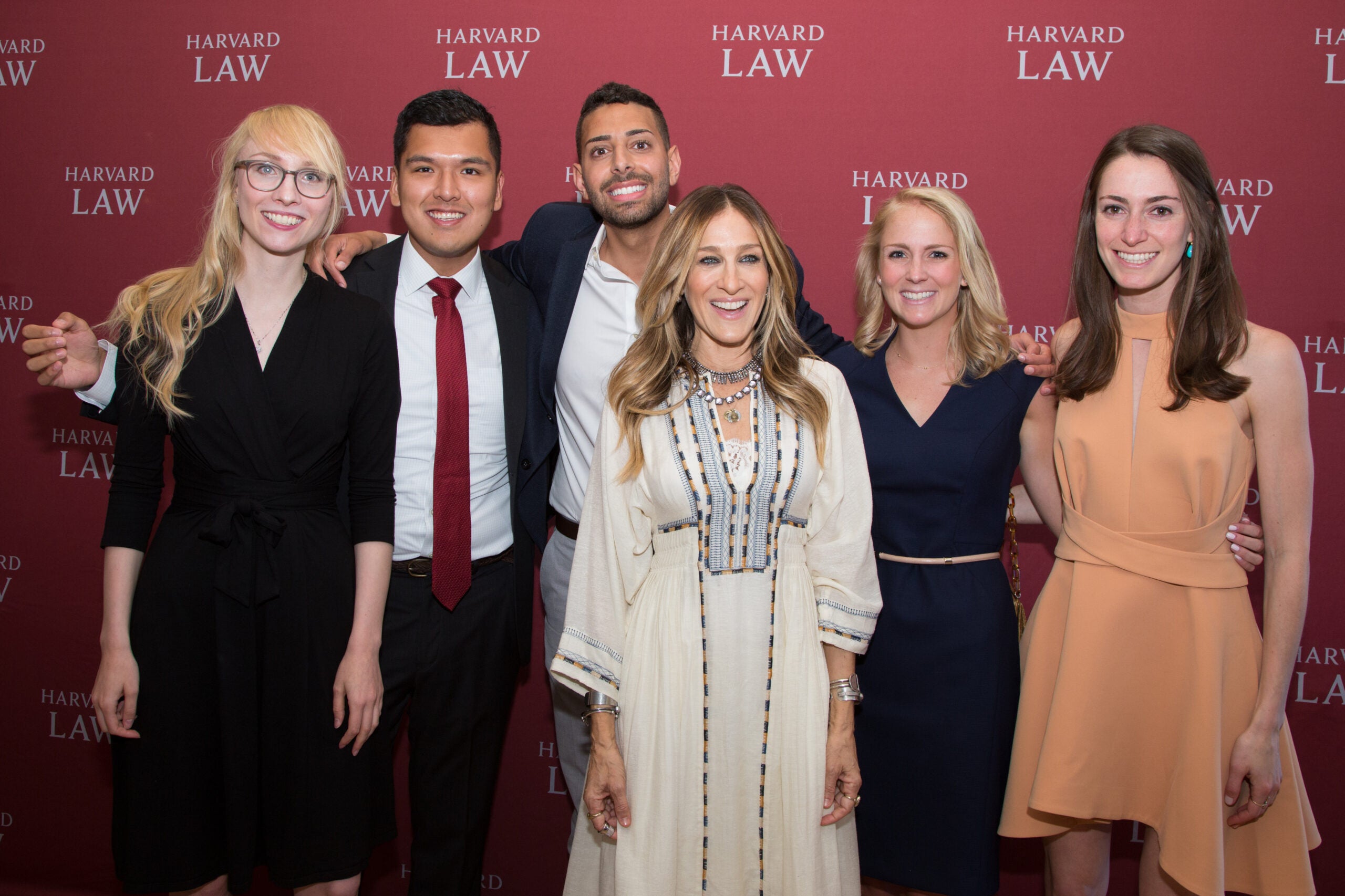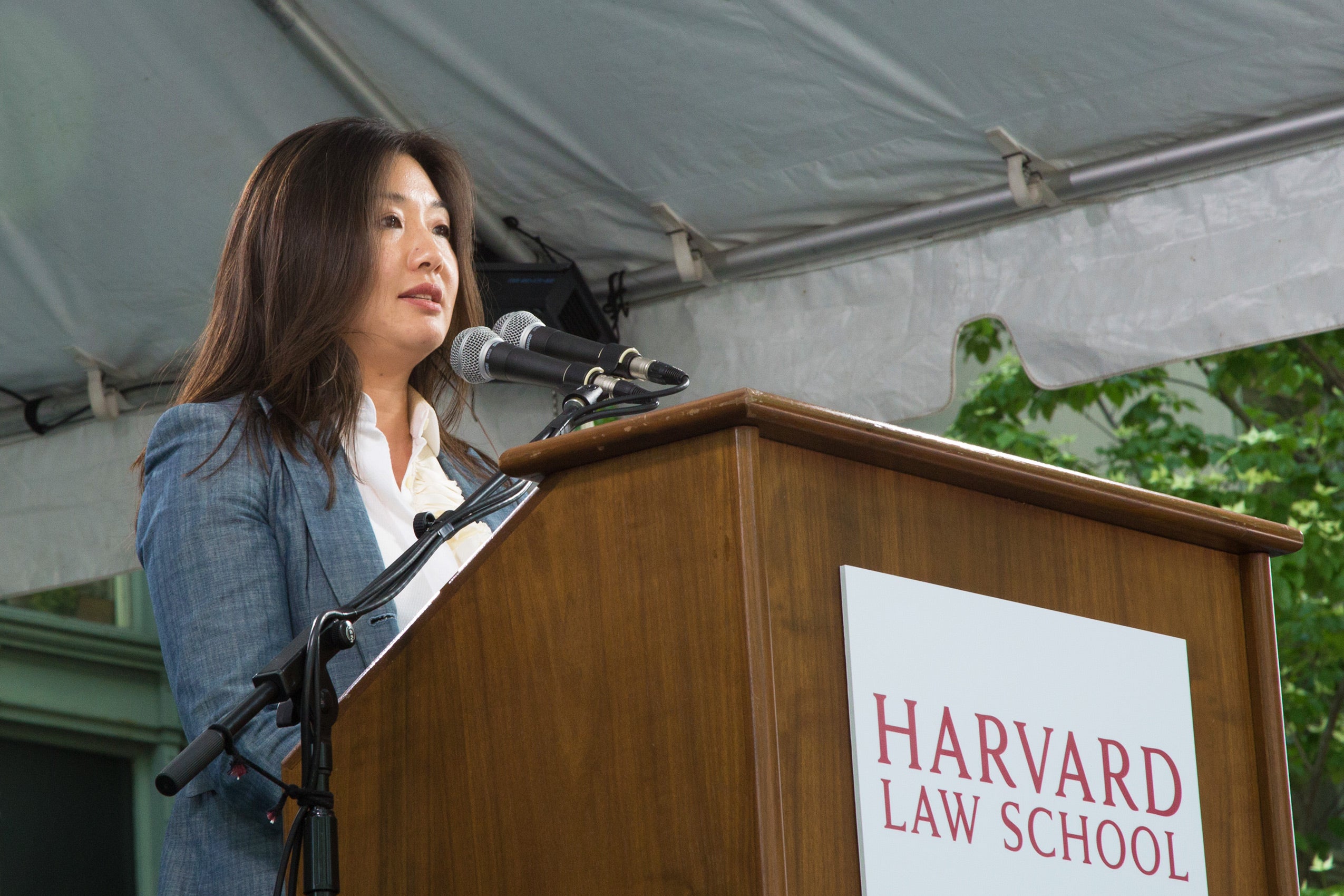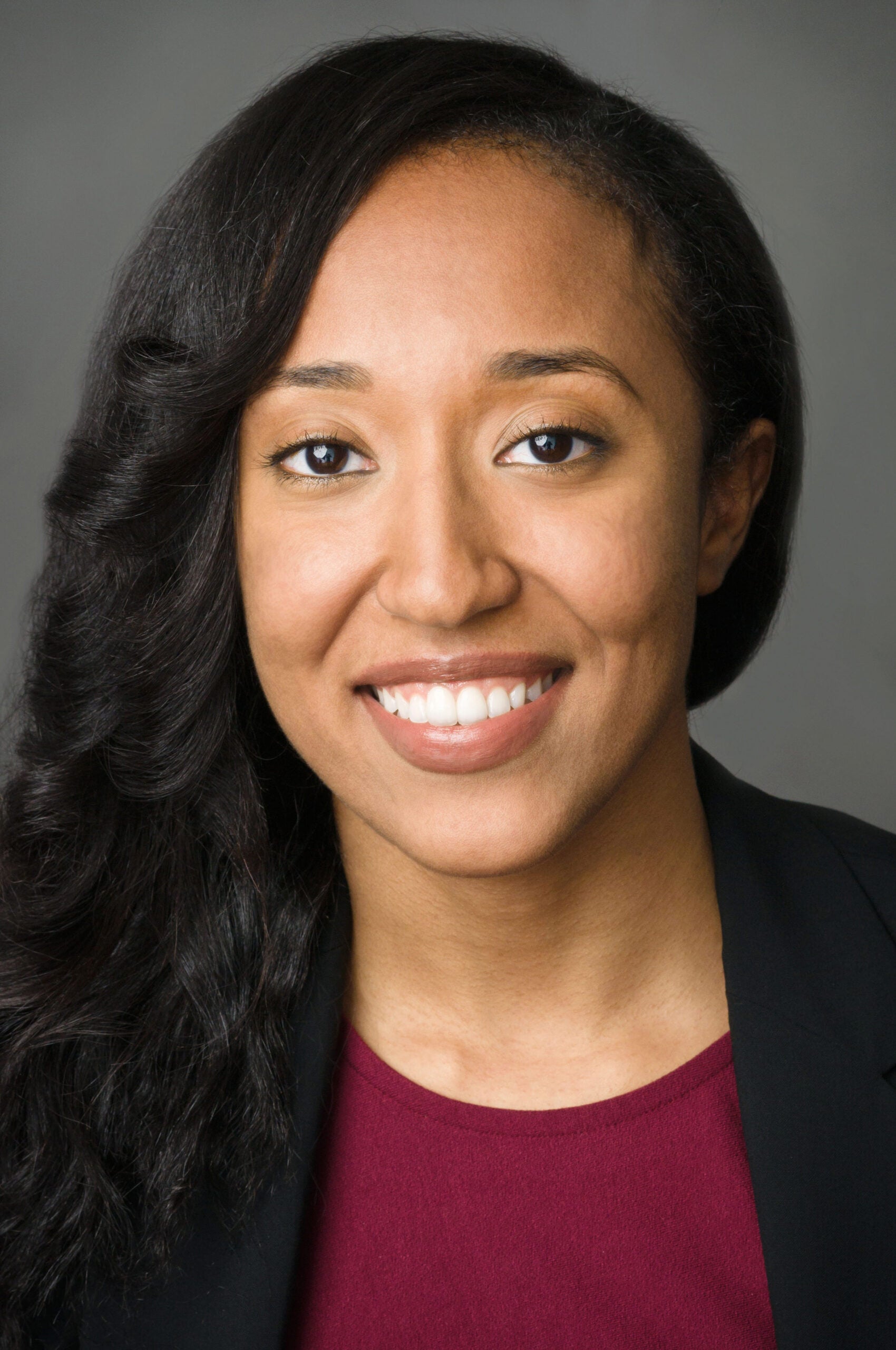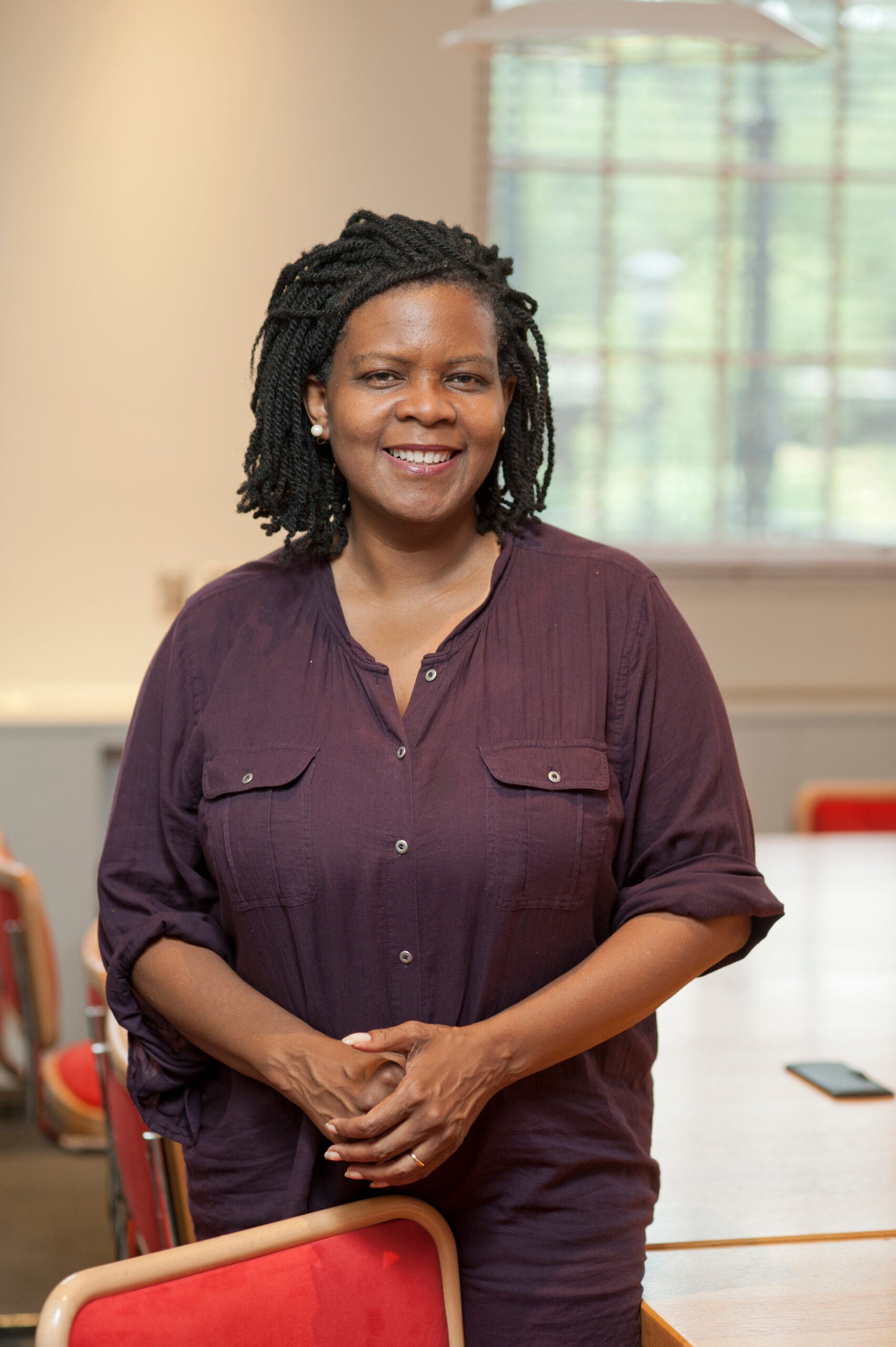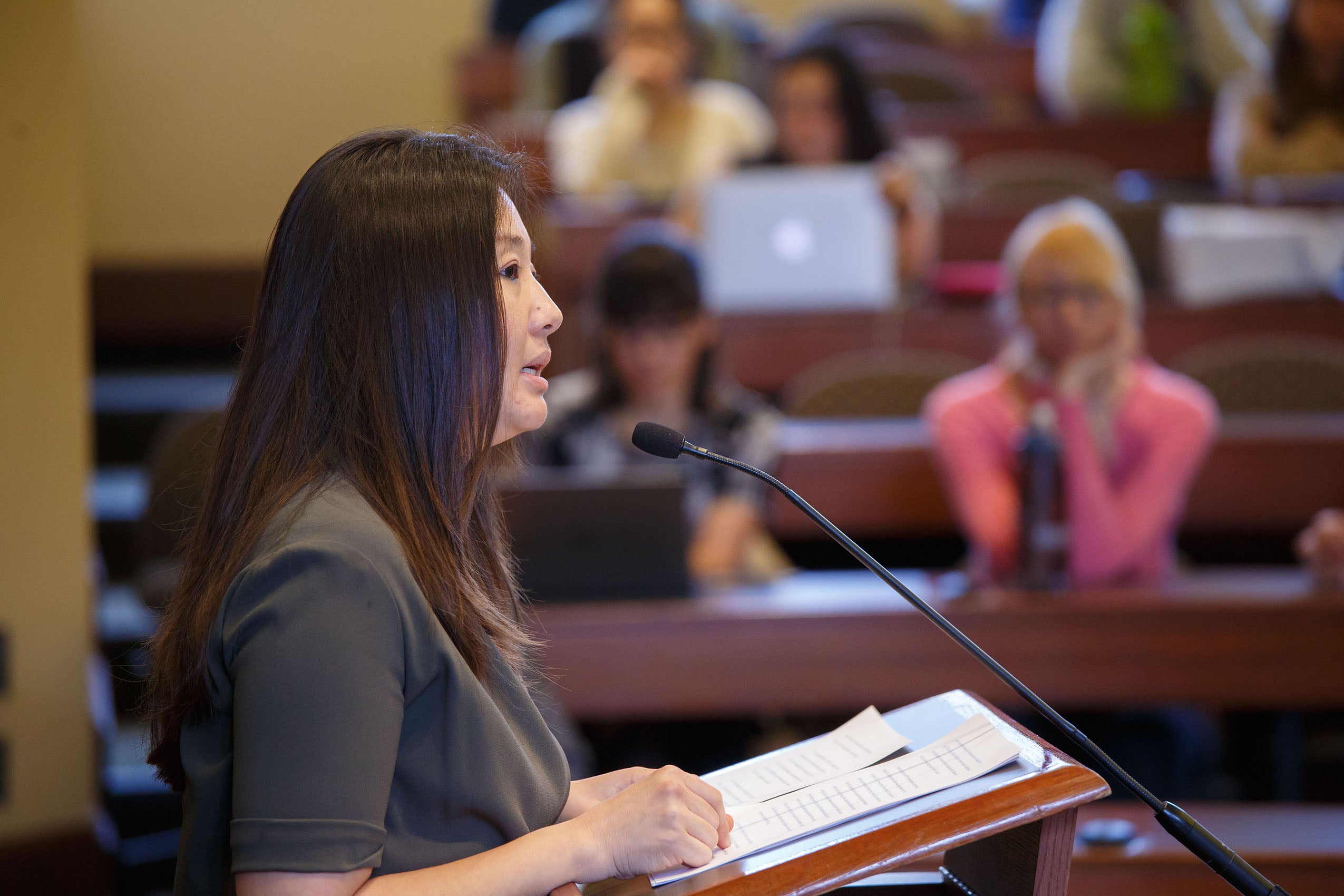People
Jeannie Suk Gersen
-
The case against Fox News
August 26, 2016
An essay by Jeannie Suk Gersen: Years ago, I briefly considered a job on a different career path. A person whose position made him a gatekeeper for that job had contacted me to ask if I was interested in being considered. He suggested we meet to discuss it, and named a restaurant. When I arrived, we had a respectful conversation about my qualifications.
-
College Students Go to Court Over Sexual Assault
August 8, 2016
An op-ed by Jeannie Suk Gersen....As the first rounds of students have been disciplined for sexual misconduct under the new procedures, scores of them have gone to court to protest their schools’ decisions. The suits, against schools such as Yale, Cornell, and the University of California, San Diego, have alleged that, under intense pressure to be tough on sexual assault, the schools violated basic fairness to accused students. Most remarkably, many of the suits have claimed that the new procedures, which were developed to protect the Title IX rights of sexual-assault victims, in practice violate the Title IX rights of the accused...But, last week, a unanimous Second Circuit appeals panel reversed that decision and held that the accused student could go forward with his claim that the university subjected him to sex discrimination in violation of Title IX. The case will go back to the lower court for trial proceedings, unless Columbia settles with the student, who is seeking damages and wants his disciplinary record scrubbed. Across the country, state and federal courts have recently decided for other accused students who claimed that their schools’ procedures were unfair.
-
Apparent gap stymies prosecution of doctors in sex cases
July 21, 2016
It violates medical ethics, but is it clearly against the law for a doctor to touch a patient sexually under the guise that it’s critical to her care? In some states it is illegal, but not in Massachusetts, according to the Middlesex district attorney’s office. This gap in state law is the reason the office recently decided not to prosecute Dr. Roger Ian Hardy, the popular fertility specialist accused of molesting patients, according to a lawyer for one of his alleged victims...Jeannie Suk Gersen, a Harvard Law School professor, questioned why prosecutors did not charge Hardy with indecent assault and battery, since the patient did not give explicit consent for Hardy to touch her clitoris.
-
An op-ed by Jeannie Suk...We are now seeing a very public judicial-recall movement in response to a sexual-assault case in California. More than a million people have signed petitions demanding the removal of Aaron Persky, the California state judge who sentenced Brock Turner, a Stanford swimmer convicted of three felony sexual-assault counts, to six months in jail, three years of probation, and lifetime registration on the sex-offender list. ...The strong public reaction and organizing after the Stanford case has expanded public engagement with the largely campus-based efforts to change how sexual assault is treated in our society. It also reflects a tension between the crime of sexual assault and the generally progressive social-justice movements criticizing harsh criminal penalties.
-
Sex and Safety on Campus (audio)
June 6, 2016
For decades now, we’ve worried about an epidemic of sexual assault and un-safety at American colleges and universities...Harvard Law School professor Jeannie Suk begins the show with a provocative statement. In an article co-written with her colleague and husband Jacob Gersen, Suk faults universities for overcompensating, after years of neglect, on matters of sexual safety by built a paranoid atmosphere and a self-defensive “sex bureaucracy.”
-
GALLERY: Harvard Law School Class Day 2016
May 26, 2016
Harvard Law School’s 2016 Class Day ceremony featured speeches by actor, producer, businesswoman and philanthropist Sarah Jessica Parker and Harvard Law School Professor Jeannie Suk, winner of the 2016 Albert M. Sacks-Paul A. Freund Award for Teaching Excellence.
-
Suk, Follett honored by Class of 2016
May 26, 2016
The Class of 2016 selected Professor Jeannie Suk ’02 for the prestigious Albert M. Sacks-Paul A. Freund Award for Teaching Excellence for her role as a dedicated educator, mentor, and 1L section leader. Gabriela Follett received the Suzanne L. Richardson Staff Appreciation Award for her work “around the clock to make sure that students are having an optimally enriching educational experience at HLS."
-
“Know that listening is your secret weapon,” award-winning actor and humanitarian Sarah Jessica Parker told imminent Harvard Law School (HLS) graduates and their families on Class Day...Parker shared the dais with professor of law Jeannie C. Suk, recipient of the Albert M. Sacks-Paul A. Freund Award for Teaching Excellence, and Gabriela Follett, HLS program assistant in the Human Rights Program, who has been a strong supporter of the student movement on campus, Reclaim Harvard Law. She received the Suzanne L. Richardson Staff Appreciation Award. Both Suk and Follett talked openly about campus activism.
-
An op-ed by Jeannie Suk. This month, regional battles over the right of transgender people to access public bathrooms were elevated to national legal theatre. First, the Justice Department told North Carolina that its recent law, requiring education boards and public agencies to limit the use of sex-segregated bathrooms to people of the corresponding biological sex, violated federal civil-rights laws. Governor Pat McCrory responded with a lawsuit, asking a court to declare that the state’s law doesn’t violate those federal laws. Meanwhile, in a suit filed on the same day, the Justice Department asked a court to say that it does. To top it off, on May 13th the Education Department’s Office for Civil Rights (O.C.R.) and the Justice Department’s Civil Rights Division issued a Dear Colleague letter announcing to the nation’s schools that, under Title IX—the 1972 law banning sex discrimination by schools that receive federal funding—transgender students must be allowed to use rest rooms that are “consistent with their gender identity.” The threat was clear: schools that failed to comply could lose federal funding. Protests of federal overreach immediately ensued, including from parents citing safety and privacy as reasons for children and teen-agers to share bathrooms and locker rooms only with students of the same biological sex.
-
How words can trigger bad memories
May 16, 2016
Sight, sound, smell, touch and taste can all trigger traumatic flashbacks. So can words. And right now, battle lines are being drawn around attempts to limit exposure to words that could rekindle past trauma. ... In The New Yorker, Jeannie Suk, a Harvard law professor, wrote that student organisations had asked teachers to warn their classes the rape-law unit might "trigger" traumatic memories.
-
What’s Wrong with the Redskins
May 15, 2016
An op-ed by Jeannie Suk. In this country we don’t ban “Mein Kampf,” Ku Klux Klan screeds, or objectionable terms for racial groups. It is clear that the government cannot disallow offensive or hateful speech. But the federal trademark law, known as the Lanham Act, has since 1946 barred the registration of marks that may disparage “persons, living or dead, institutions, beliefs, or national symbols, or bring them into contempt, or disrepute.” In 2014, after nearly half a century of registering and renewing “The Redskins,” the government cancelled the football team’s trademark registrations, on the grounds that the name may be disparaging to Native Americans. The cancellation does not ban the team’s use of the name. Instead, it does away with the legal presumption that the team has the exclusive right to use the name in commerce, thus providing a substantial incentive for the Redskins—and other groups—to avoid using a name that may be considered offensive. The Supreme Court will likely consider the question of whether the government is permitted, under the First Amendment, to deny registration of disparaging trademarks, in the case of Simon Tam, for whom the Redskins are strange bedfellows. When Tam applied to register the name of his all-Asian dance-rock band, the Slants, he meant to reclaim an epithet for Asians as a badge of pride, but the government refused the registration on the grounds that the name was likely disparaging to people of Asian descent.
-
Aya Saed named a 2016 Paul and Daisy Soros Fellow
April 13, 2016
Harvard Law student Aya Saed ’17 was among 30 recipients selected to receive the Paul and Daisy Soros Fellowships for New Americans, the premier graduate school fellowship for immigrants and children of immigrants.
-
‘Last Lecture’: Annette Gordon-Reed traces her journey from Texas childhood to lawyer and historian
April 6, 2016
As part of the Last Lecture Series presented every year by the HLS Class Marshals, Professor Annette Gordon-Reed ’84 spoke about her experiences combining legal analysis and historical research.
-
A new "sex bureaucracy" is attempting a full takeover of young people's sex lives through moral strictures that trample free speech and the due process of law. In only the most recent symptom of this disease, a court recently ruled that George Mason University wrongfully expelled a student in 2014 -- for engaging in consensual sex with his girlfriend. ...A forthcoming paper to appear in the August issue of the California Law Review outlines "The Sex Bureaucracy," which Harvard Law School professors Jacob Gersen and Jeannie Suk argue is thoroughly regulating "the space of sex" in America. The "bureaucracy dedicated to that regulation of sex ... operates largely apart from criminal enforcement, but its actions are inseparable from criminal overtones and implications."
-
Recent interpretations of Title IX by the Office of Civil Rights that broadly define sexual harassment have created a “chilling” effect at America’s colleges and universities, threatening academic freedom, due process, and free speech, argues a recent report released by the American Association of University Professors. The report characterizes OCR as conflating conduct and speech cases, creating a “seemingly limitless definition of harassment” without explicitly reaffirming the protected speech of classroom instructors, leaving faculty who teach and research sensitive topics related to gender, sex, sexuality, and rape law vulnerable to sexual harassment charges...“I have heard from a number of colleagues, not just in criminal law but in other subjects, that they are now unwilling to teach any cases having to do with sex or sexuality, that they’re scrubbing their syllabi of material that touches on those topics, because those topics are the areas in which [they] could be perceived as engaging in unwanted verbal conduct of a sexual nature,” said Harvard Law School professor Jeannie C. Suk, whose writings on the challenges of teaching rape law are quoted in the report. “As long as the standard that is being used looks at whether the act is regarded as undesirable or offensive, then of course anything that one teaches having to do with sex or sexuality can be regarded as undesirable or offensive.”
-
How the Government Stole Sex
March 28, 2016
Fornication. Sodomy. Adultery. Not so long ago, the U.S. criminalized pretty much all sex outside of marriage. As these laws have been struck down by courts or allowed to settle into obsolescence, it would seem that sexual liberty has been vindicated as an important American value. But while the courts have been busy ushering the government out of our bedrooms, it's been creeping right back in under new pretenses. Gone is the language of morals, tradition, and orderr—the state now intervenes in our sex lives bearing the mantles of safety, exploitation, and sex discrimination. "We are living in a new sex bureaucracy," warn Harvard Law School professors Jacob Gersen and Jeannie Suk in an upcoming paper for the California Law Review. Contra court decisions such as Lawrence v. Texas—which decriminalized sodomy in Georgia and affirmed a constitutional right to sexual privacy—"the space of sex" is still "thoroughly regulated" in America, they write. And "the bureaucracy dedicated to that regulation of sex is growing. It operates largely apart from criminal enforcement, but its actions are inseparable from criminal overtones and implications."
-
Yale’s expelled basketball captain is fighting for readmission — but a legal expert says that’s ‘highly unlikely’
March 24, 2016
On Wednesday, a lawyer for the ex-captain of the Yale men's basketball team told Business Insider his client wants readmission to the Ivy League University. The former basketball captain, Jack Montague, is seeking readmission as part of a lawsuit he's planning to file against the university over its decision to expel him as the result of a sexual misconduct allegation..."As far as I know, the Yale expulsion is a final decision and he has exhausted his Yale appeals," Jeannie Suk, a Harvard Law School professor, told Business Insider. Suk has been vocal about these types of cases in the past, often arguing that the criminal court system, not colleges, should be the adjudicators of alleged sexual misconduct. "A lawsuit will not be able to force Yale to reverse its expulsion, even if Montague prevails against Yale in court. It will be a lawsuit for damages, alleging that Yale violated state and/or federal law in the policy or procedure they used to investigate and adjudicate his disciplinary case," she continued.
-
"Impeccable technique, skills, and even artistry are not enough," Professor Jeannie Suk told the audience as she kicked off the “Last Lecture Series” for the Harvard Law School Class of 2016. "You must challenge the way things are, and imagine a world that is better, and require a way of doing law that is better."
-
‘Incarceration Nations,’ by Baz Dreisinger
February 20, 2016
A book review by Jeannie Suk. Mass incarceration is synonymous with criminal justice in the United States. We are the world’s top jailer, have among the longest sentences, and tolerate shocking racial disparities in imprisonment rates. Baz Dreisinger is an unusual combination of English professor, journalist and documentary producer whose travels to nine countries to meet with their prisoners led to “Incarceration Nations.” This journey into what she calls “global hellholes” sets an earnest American on a quest for insight into American criminal punishment, via structured encounters with foreign prisoners in situ.
-
Mocking stereotypes in ‘East of Hollywood’
February 14, 2016
The Lyric Stage, a popular local theater, on Monday hosts a 7 p.m. screening of the short film “East of Hollywood.” It’s billed as “a mockumentary that exposes the stereotypes Asian-American actors are forced to deal with throughout the audition process.” Winner of best narrative short at last year’s Boston Asian American Film Festival, “East of Hollywood” is directed by Chris Caccioppoli and stars Michael Tow, who drew on real experiences that he and fellow Asian-American actors encountered over their careers. ...Following the screening, Caccioppoli, Tow, Oliva, and Nguyen will engage in a discussion moderated by Jeannie Suk, professor at Harvard Law School.
-
Geneticist Embroiled in Conflict of Interest Controversy
January 29, 2016
The founding director of the Broad Institute has come under fire for publishing an article that critics charge fails to disclose a conflict of interest and understates the contributions of women in developing a biotechnology. The article in question—published in the science magazine Cell and written by famous geneticist Eric Lander—outlines the history of CRISPR, a gene editing technology. Critics allege that Lander did not disclose a conflict of interest in the story: the Broad Institute is currently embroiled in a CRISPR-related patent dispute with the University of California...Lander’s colleagues at Harvard and the Broad Institute— including Law School professor Jeannie C. Suk and longtime Lander advisee Pardis C. Sabeti— characterize the attacks on Lander as baseless. “The kind of dedication that I saw firsthand, that Eric Lander had, to supporting and furthering the career of his mentees who were women—that is utterly inconsistent with some idea that he is erasing women’s role in science,” Suk said. Sapeti characterized Lander as an “extraordinary mentor” who pushed many women to have a strong voice at the Broad Institute, and said that the CRISPR narrative was not an issue of gender.
